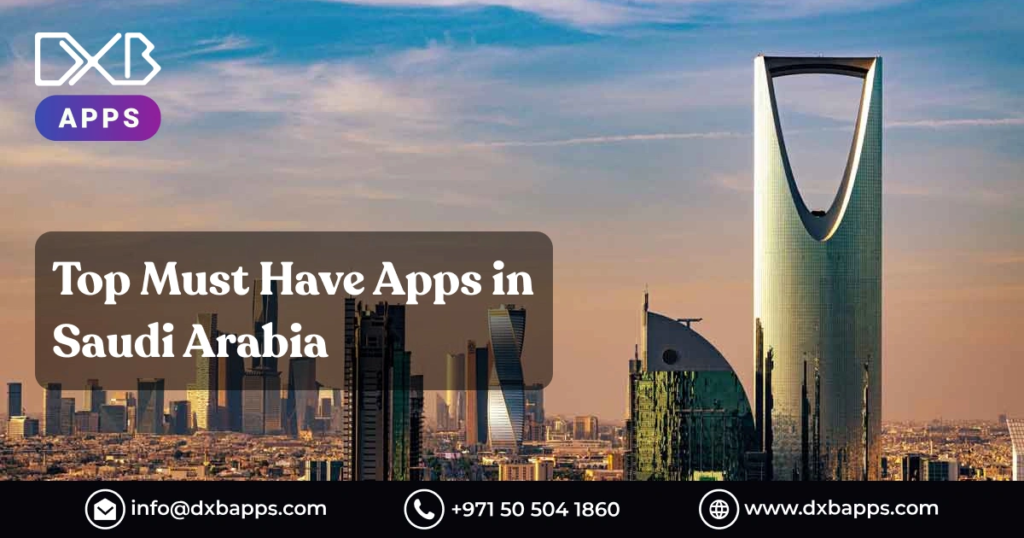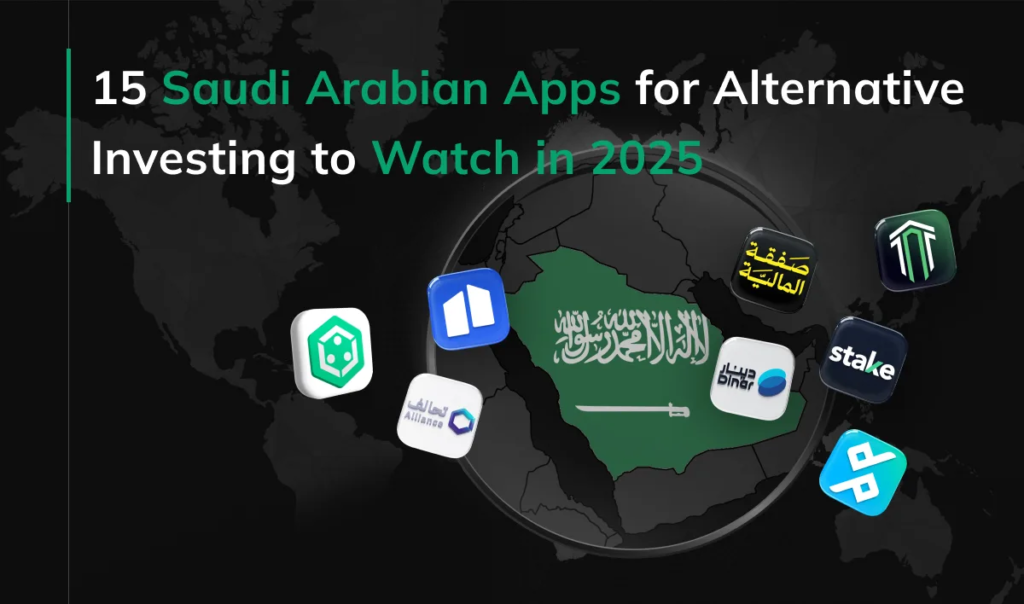In today’s fast-paced world, smartphones have become more than just communication devices. For millions in the Kingdom, mobile apps have become essential tools for daily convenience, comfort, and connection. From ordering food to managing finances, the Top 10 Apps Transforming Daily Lifestyle in Saudi Arabia are redefining how people live, work, and move.
As Vision 2030 drives digital transformation in the Kingdom, the demand for innovative, user-friendly apps has grown rapidly. These top apps are not only improving quality of life but also encouraging a smarter, more connected Saudi society. Let’s explore the top 10 apps that are making the biggest impact.
1. Tawakkalna – For Health and Safety

Tawakkalna became a household name during the COVID-19 pandemic. Launched by the Saudi Data and AI Authority, this app initially provided health status updates and movement permits. Today, it continues to support public safety by offering vaccination records, digital IDs, and even Hajj permits. Tawakkalna is an essential part of everyday life, especially for accessing government services and venues.
2. Absher – For Government Services
Absher is another revolutionary app transforming the Saudi lifestyle. It allows users to access over 160 services from the Ministry of Interior. From renewing passports to checking traffic violations and booking civil status appointments, Absher saves citizens and residents hours of paperwork. Its simplicity and reliability make it a daily-use app for millions.
3. STC Pay – For Digital Wallet and Payments
As Saudi Arabia moves towards a cashless economy, STC Pay stands out as a top app for digital transactions. This mobile wallet makes money transfers, bill payments, and in-store purchases effortless. With features like international transfers and budgeting tools, STC Pay is empowering users to manage their finances more easily and securely.
4. Noon – For Online Shopping
Noon is Saudi Arabia’s answer to Amazon. Offering a wide range of products from electronics to groceries, Noon delivers convenience to your doorstep. With frequent deals, express delivery options, and user-friendly navigation, it has transformed shopping habits across the Kingdom. It supports both Arabic and English interfaces for ease of use.
5. HungerStation – For Food Delivery
With hundreds of restaurants available at your fingertips, HungerStation is one of the most popular food delivery apps in Saudi Arabia. It supports both small local eateries and major franchises. The app’s live tracking feature, quick payments, and special offers make dining at home or the office a smooth experience.
6. Careem – For Transportation and More
Careem, a local favorite, offers more than just ride-hailing. It now includes food delivery, grocery shopping, and even bike rentals in some cities. As a Saudi subsidiary of Uber, Careem adapts its services to local needs, providing women drivers and culturally appropriate options. It has made commuting more flexible and affordable.
7. Hawaya – For Culturally Sensitive Matchmaking
Hawaya is a relationship app created specifically for Muslim communities. With strict privacy settings and values-driven matchmaking, Hawaya respects Saudi traditions while helping singles meet potential partners in a safe environment. It’s growing in popularity among educated young Saudis looking for serious commitments.
8. Mrsool – For Delivery from Any Store
Unlike typical delivery apps, Mrsool lets users request delivery from any store or restaurant. A personal shopper picks up and delivers whatever you need—from a forgotten charger to a favorite snack. Mrsool’s on-demand flexibility has made it one of the Top 10 Apps Transforming Daily Lifestyle in Saudi Arabia.
9. Tamara – For Buy Now, Pay Later Shopping
Tamara is a rising star in Saudi Arabia’s fintech space. It allows users to split their online purchases into easy monthly installments without interest. As online shopping booms, Tamara helps users budget more smartly while enjoying their favorite products. Many e-commerce platforms in the region now support Tamara as a payment method.
10. Sehhaty – For Healthcare Access
Sehhaty is another health-related app provided by the Ministry of Health. It allows users to book appointments, track COVID-19 test results, and monitor health records. It also connects patients with doctors and pharmacies. In a post-pandemic world, Sehhaty plays a vital role in making healthcare more accessible and transparent.
Why These Apps Matter

These Top 10 Apps Transforming Daily Lifestyle in Saudi Arabia are more than just tools—they’re enablers of modern living. With Vision 2030 aiming to increase the digital readiness of Saudi society, these apps support sustainability, reduce traffic in government offices, enhance convenience, and contribute to economic diversification.
From empowering women to travel freely, to making grocery shopping as simple as tapping a screen, these apps are shaping a new culture of efficiency and ease in everyday life.
The Future of Lifestyle Apps in the Kingdom
As the Kingdom continues to invest in smart city initiatives and 5G infrastructure, we can expect even more advanced applications to emerge. AI-driven personalization, virtual healthcare consultations, and smarter financial management tools are just around the corner.
Saudi startups are also entering the tech space rapidly, which means many of tomorrow’s top apps might be homegrown, tailored perfectly for local culture and needs.
Final Words
The Top 10 Apps Transforming Daily Lifestyle in Saudi Arabia reflect a national trend towards digital efficiency and user-centric design. Whether you’re a student, a working professional, a homemaker, or a retiree, these apps are changing the way daily tasks are completed. By integrating them into daily routines, users not only save time but also live smarter.
For developers, businesses, and entrepreneurs, this is the right time to innovate and build solutions that cater to this mobile-savvy market. For users, the digital lifestyle revolution is already here—right in your palm.
Also Read – Saudi Arabia Lifestyle Hacks for Saving Money in Big Cities



